Our Team
Meet the passionate individuals behind SECCA, dedicated to driving sustainability forward.
SECCA (Sustainable for Environmental and Climatic Change) is an organization dedicated to promoting sustainable practices and environmental awareness. Our mission is to combat climate change by implementing innovative solutions that benefit communities and the planet. We strive to create a greener future through education, advocacy, and collaboration.
SECCA envisages “a competitive non-governmental and not-for-profit organization that contributes towards improved livelihoods of the community through environmental restoration in relation to climatic change in Tanzania and to the world”.
To enhance environmental conservation and protection through people’s involvement and participation while utilizing natural resources in a sustainable manner.
We develop sustainable and eco-friendly projects to protect the environment and reduce carbon footprints.
Our recycling programs help minimize waste and promote the circular economy by reusing valuable resources.
We advocate for clean, renewable energy solutions to provide communities with a sustainable source of power.
Meet the passionate individuals behind SECCA, dedicated to driving sustainability forward.
We collaborate with various organizations to further our mission.

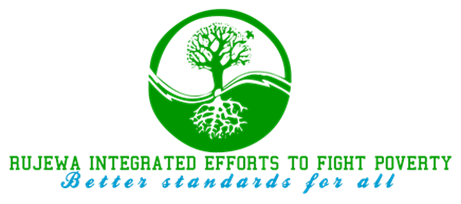
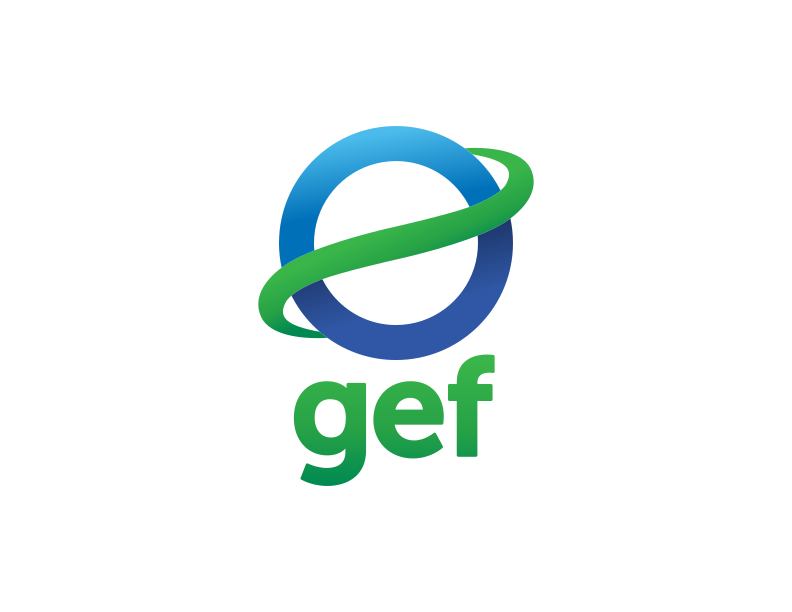

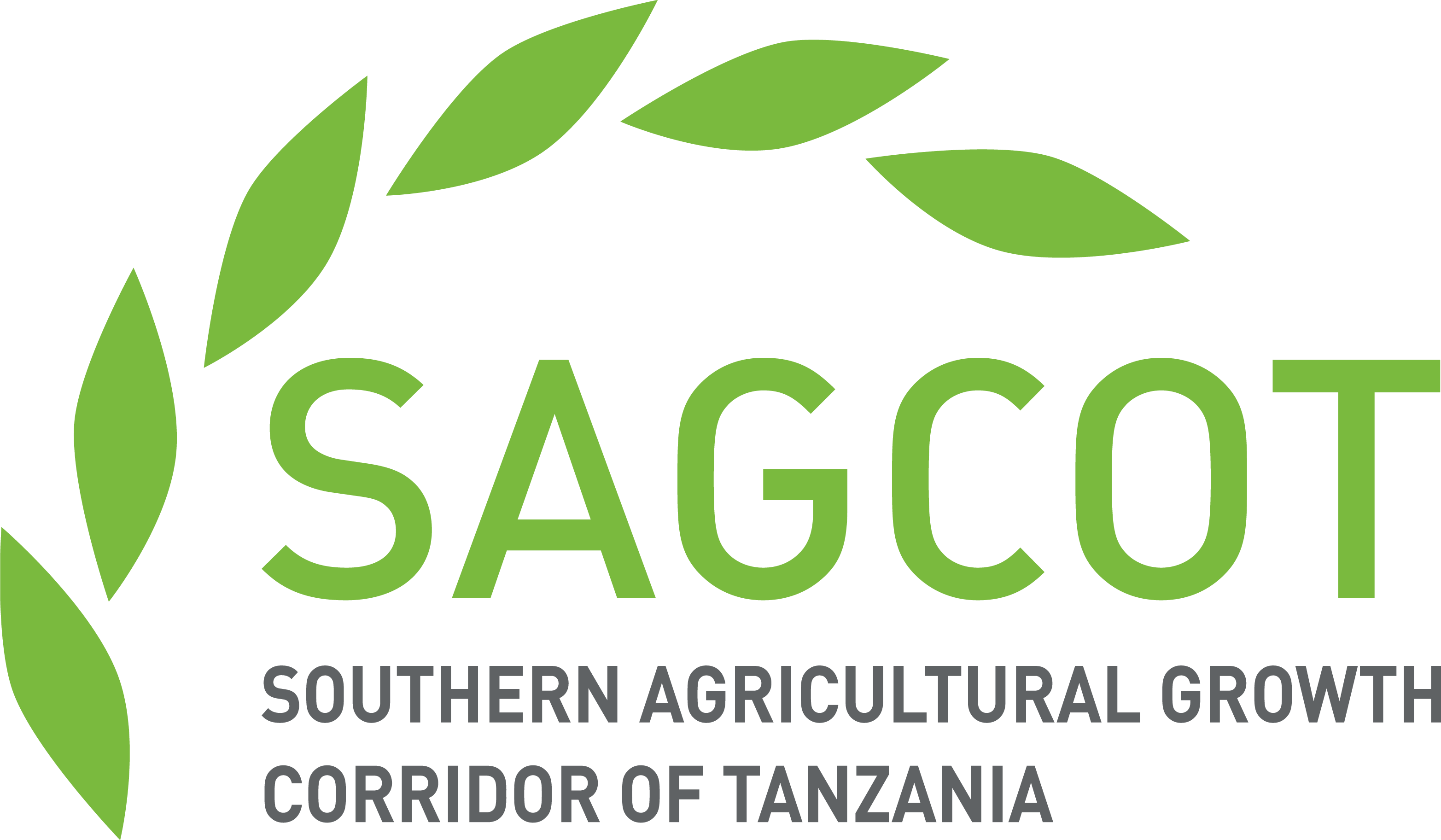

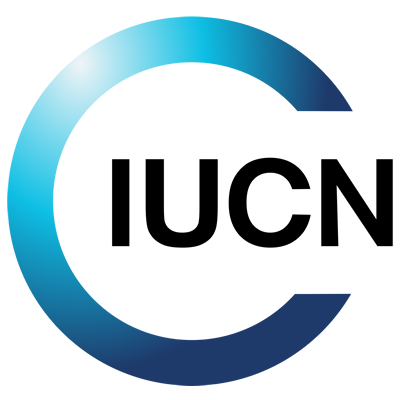



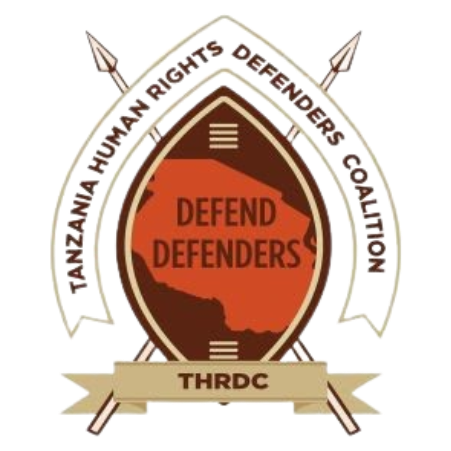
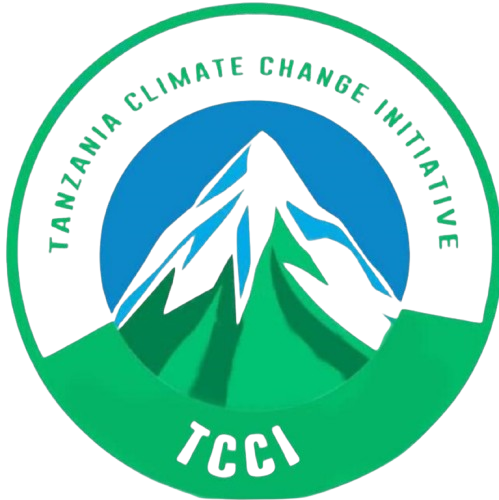
Your contribution can make a difference. Join us in creating a sustainable future.
Donate Now